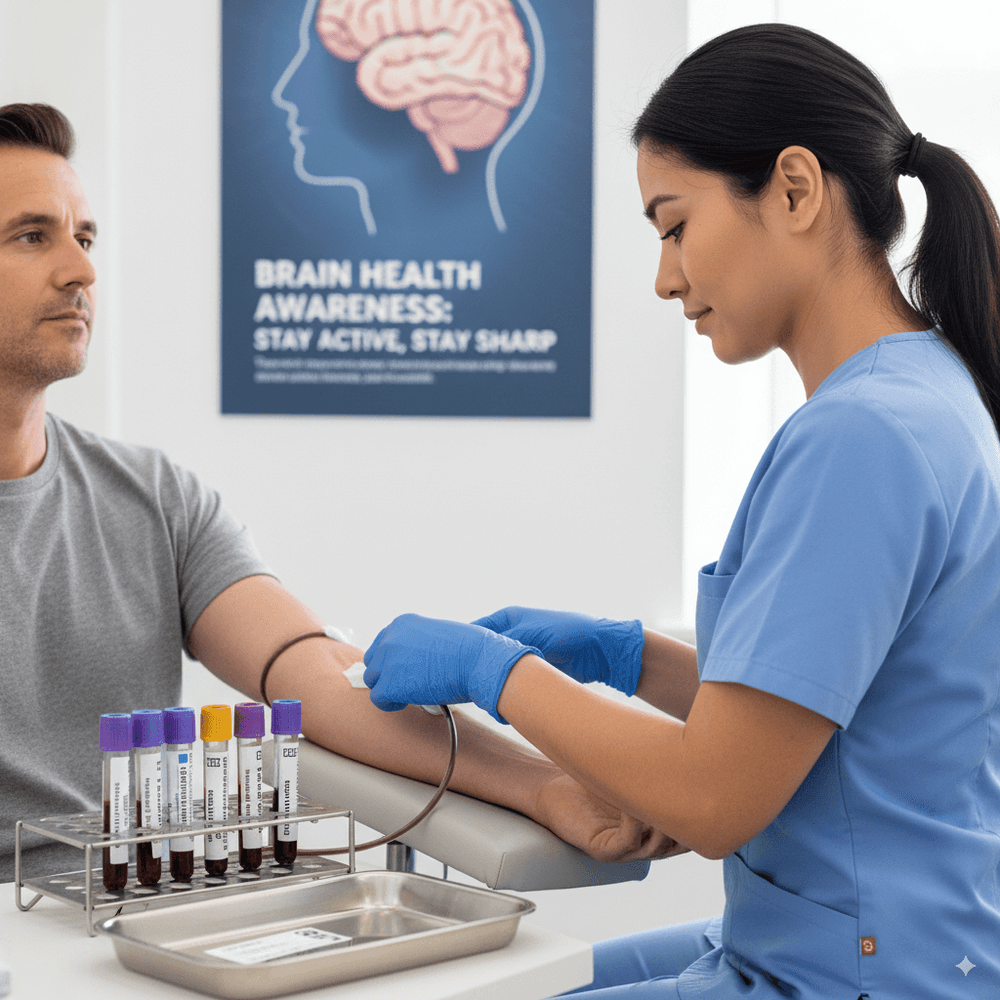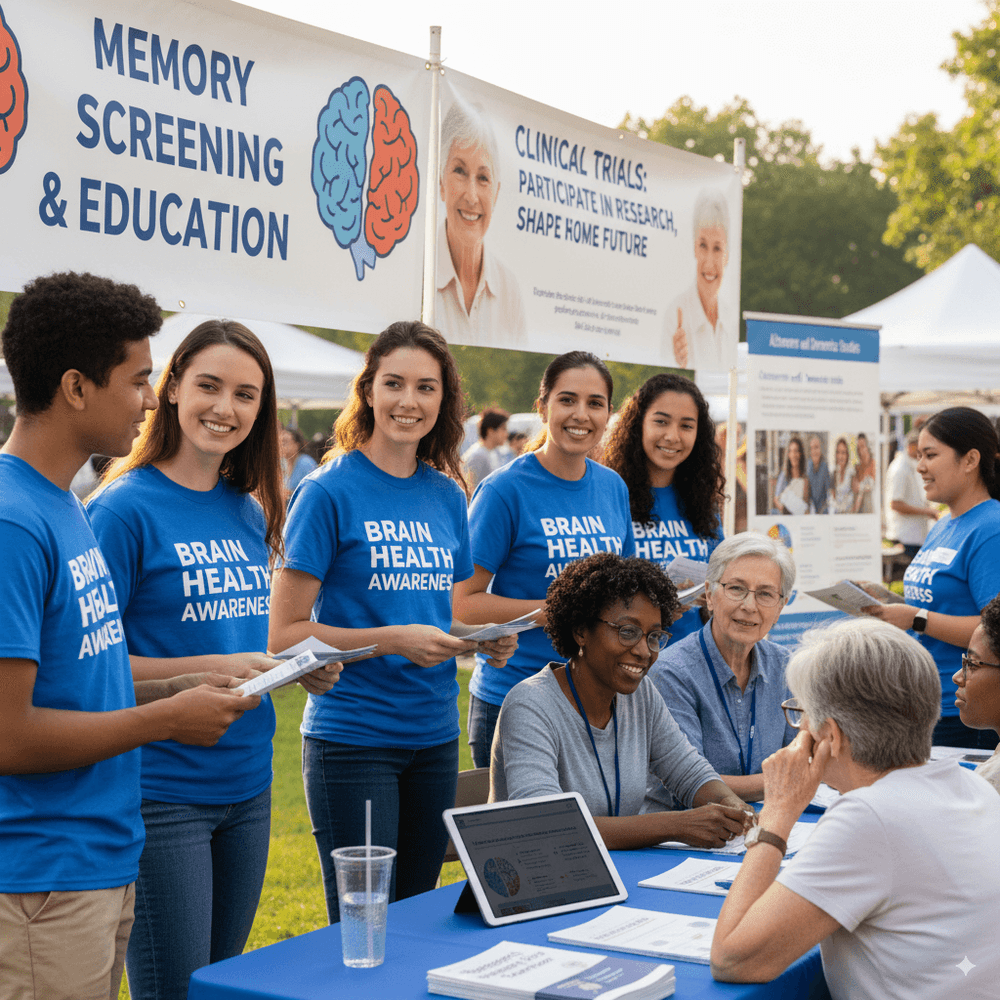

Two anti-amyloid monoclonal antibodies have received full FDA approval for early Alzheimer’s: lecanemab (Leqembi, 2023) and donanemab (Kisunla, 2024). These medicines target beta-amyloid and—when used in carefully selected patients with confirmed amyloid—can modestly slow disease progression. Cleveland Clinic’s clinical FAQ is a good primer on indications, administration, monitoring for ARIA, and practical access considerations. Read the clinical FAQ.
Leqembi (lecanemab) moved from accelerated to traditional approval on July 6, 2023 after its confirmatory trial verified clinical benefit. This conversion also enabled broader Medicare coverage under CMS, an important access milestone for eligible patients. FDA announcement and CMS coverage statement.
Aducanumab (Aduhelm) received accelerated approval in June 2021 but was discontinued by Biogen in 2024; it is no longer being commercialized. If you see older references to Aduhelm access programs, note that policies changed in 2024–2025. Background here: StatPearls clinical overview and program status updates.
What this means: Patients with early, amyloid-positive Alzheimer’s may now have access to fully approved anti-amyloid therapies (lecanemab, donanemab). Treatment decisions still require shared decision-making, MRI safety monitoring, and careful benefit–risk assessment with a specialist. Clinical FAQ.

On May 16, 2025, the FDA cleared the first in-vitro diagnostic blood test to aid in diagnosing Alzheimer’s disease in symptomatic adults (55+). The test assesses plasma p-tau217/β-amyloid 1-42 ratio and is intended to support early detection of amyloid pathology while clinical evaluation continues. This is a major step toward less invasive, more accessible diagnostic pathways compared with PET scans or CSF tests. FDA press announcement. For plain-English context, see coverage from Reuters and AP News.
What this means: Earlier, scalable identification of likely amyloid pathology could accelerate diagnosis, treatment eligibility, and clinical-trial enrollment—especially in community and primary-care settings where PET/CSF access is limited. (Clinical decisions still require comprehensive evaluation and may include confirmatory testing.)

In June 2025, Mayo Clinic reported an AI tool that helps clinicians identify brain-activity patterns linked to nine dementia types—including Alzheimer’s—from a single scan. While additional validation and deployment work is ongoing, this kind of multimodal AI holds promise for more precise subtyping, better prognostic insights, and smarter trial matching. Mayo Clinic news release.
What this means: Better subtyping can improve who gets which therapy (and when), and it can help researchers stratify trials, making results more interpretable and relevant to real-world populations.

For individuals
Access to innovation: Diagnostic advances (e.g., blood biomarkers) and approved therapies (e.g., lecanemab, donanemab) are reshaping care pathways for early Alzheimer’s. Participating in registries and studies can connect you to these innovations sooner. FDA on blood test; Leqembi traditional approval; Cleveland Clinic FAQ.
Personalized insights: Emerging AI tools may help clarify subtype and progression risk, informing decisions about care, lifestyle, and clinical trials. Mayo Clinic AI news.
For communities
Representative science: Diverse participation leads to more generalizable findings, improves equity in access to new therapies, and ensures that community-specific needs are reflected in research.
Faster progress: When patients and caregivers contribute real-world data, studies recruit faster and answer bigger questions—helping transform promising science into standard care.

Fawkes Biodata’s Patient Support Tool (PaST) makes it easier to:
Match to relevant research and emerging therapies aligned to your medical history.
Aggregate records across providers (with your consent) to create a longitudinal view that improves eligibility screening and safety monitoring.
Be compensated for the value of your de-identified medical data, when shared for research with your permission.
➡️ Get started in minutes: Sign up for the Patient Support Tool to explore research opportunities, streamline your records, and learn how your data can power better treatments while you get fairly compensated.
Therapies & coverage:
• Leqembi traditional FDA approval (July 6, 2023) and CMS coverage statement
• Anti-Amyloid Therapy FAQ (Cleveland Clinic)
• Aducanumab background + discontinuation (clinical) and program status
Diagnostics & AI:
• FDA: first blood test to aid Alzheimer’s diagnosis (May 16, 2025)